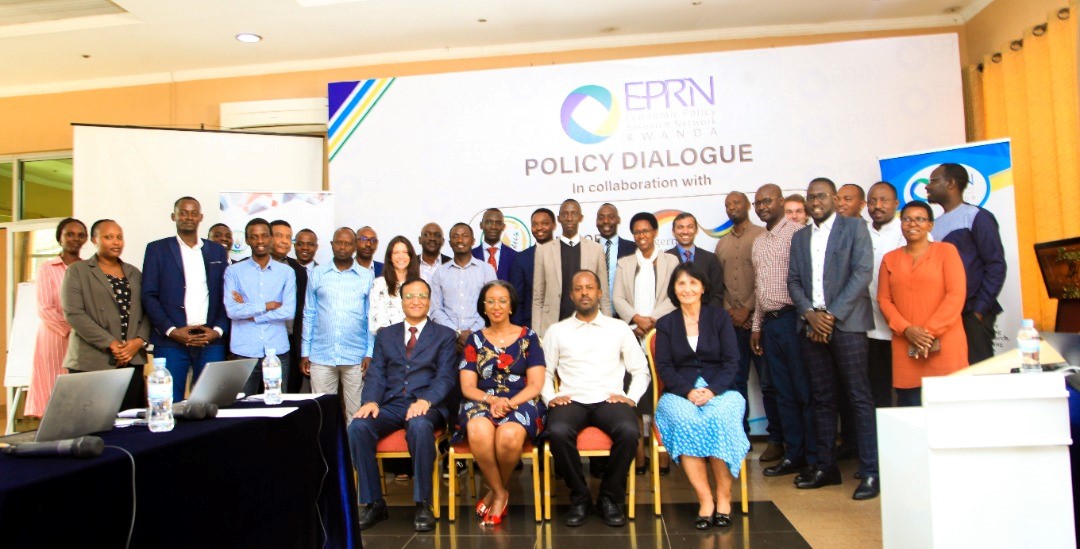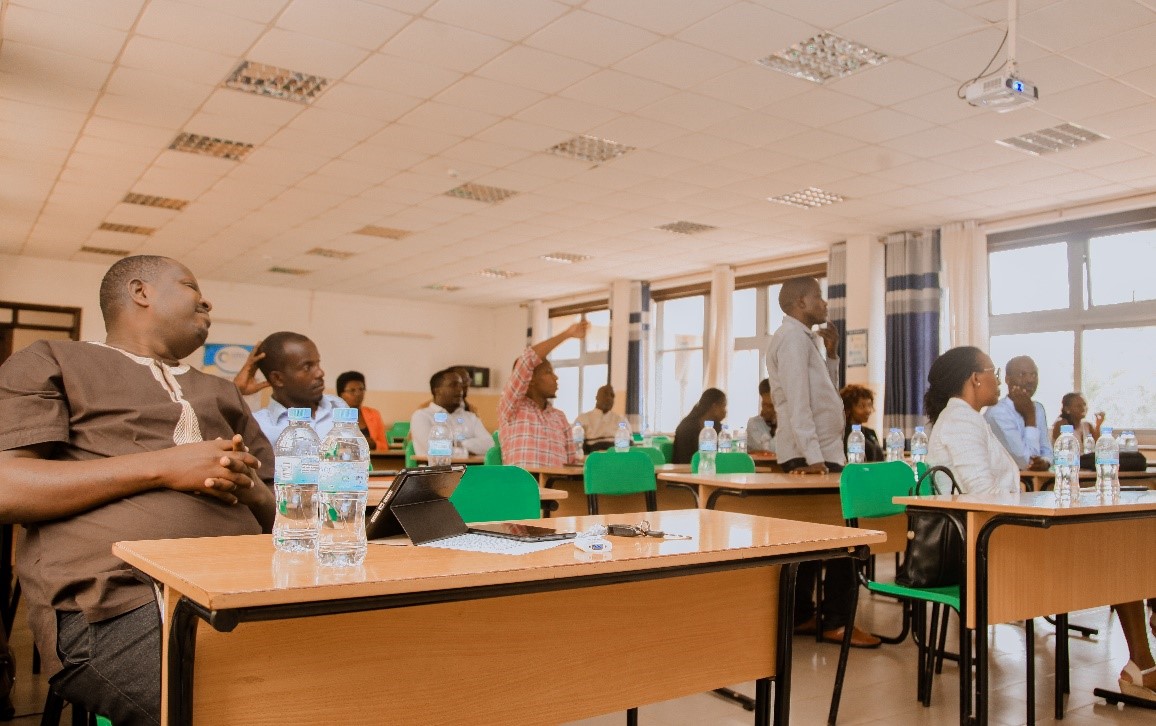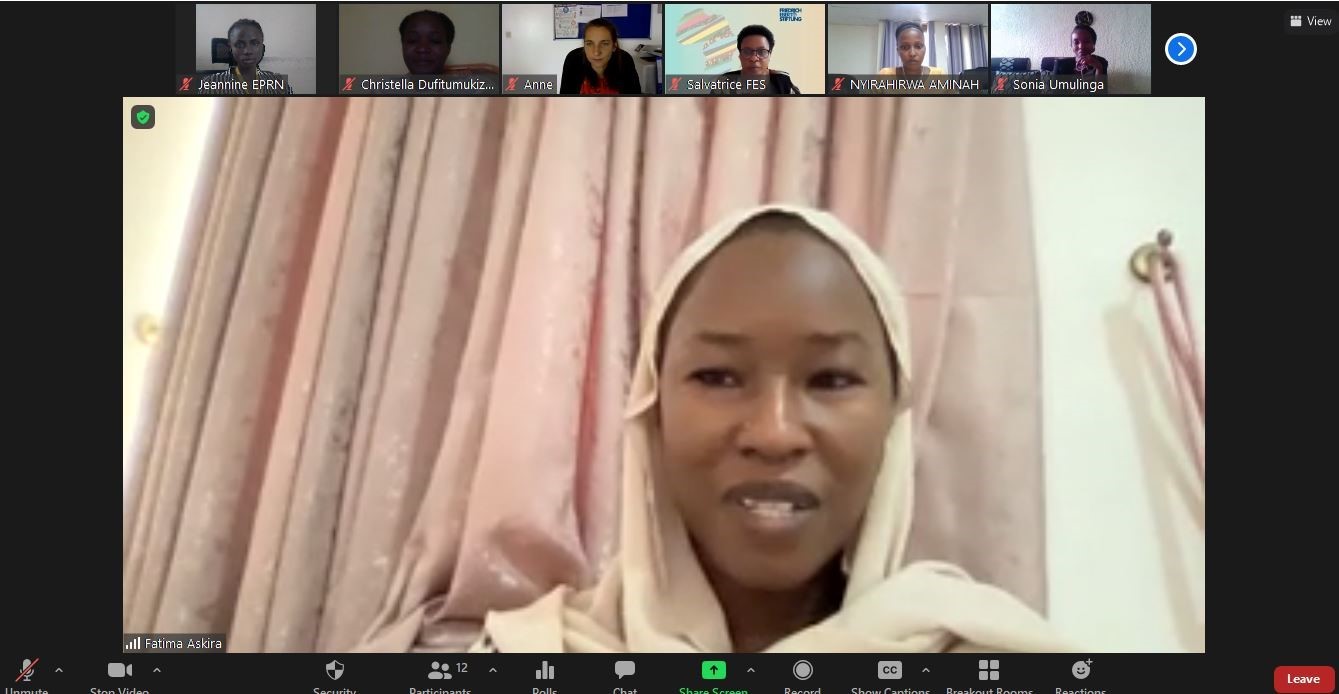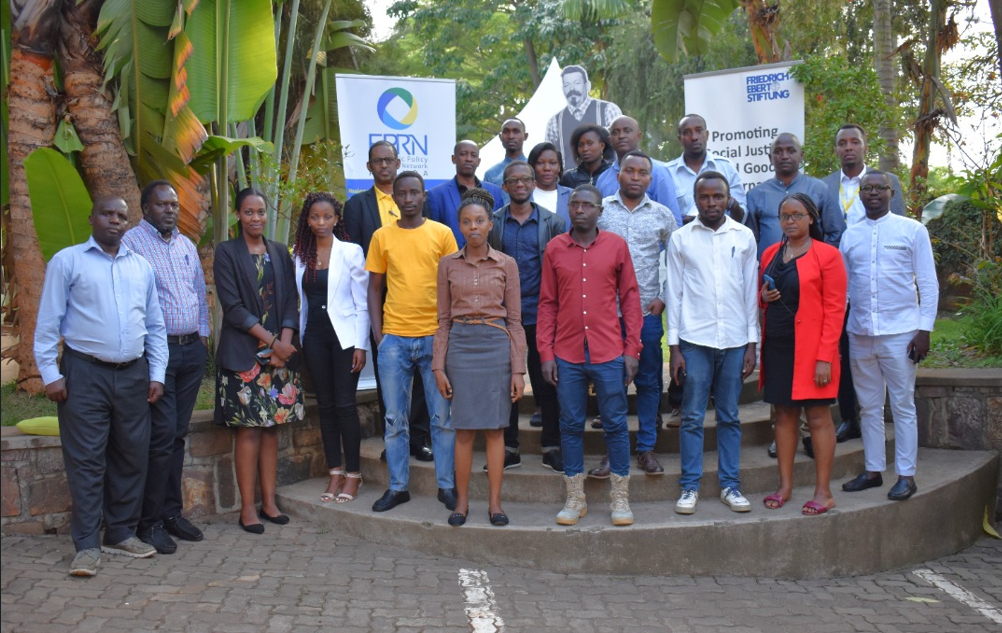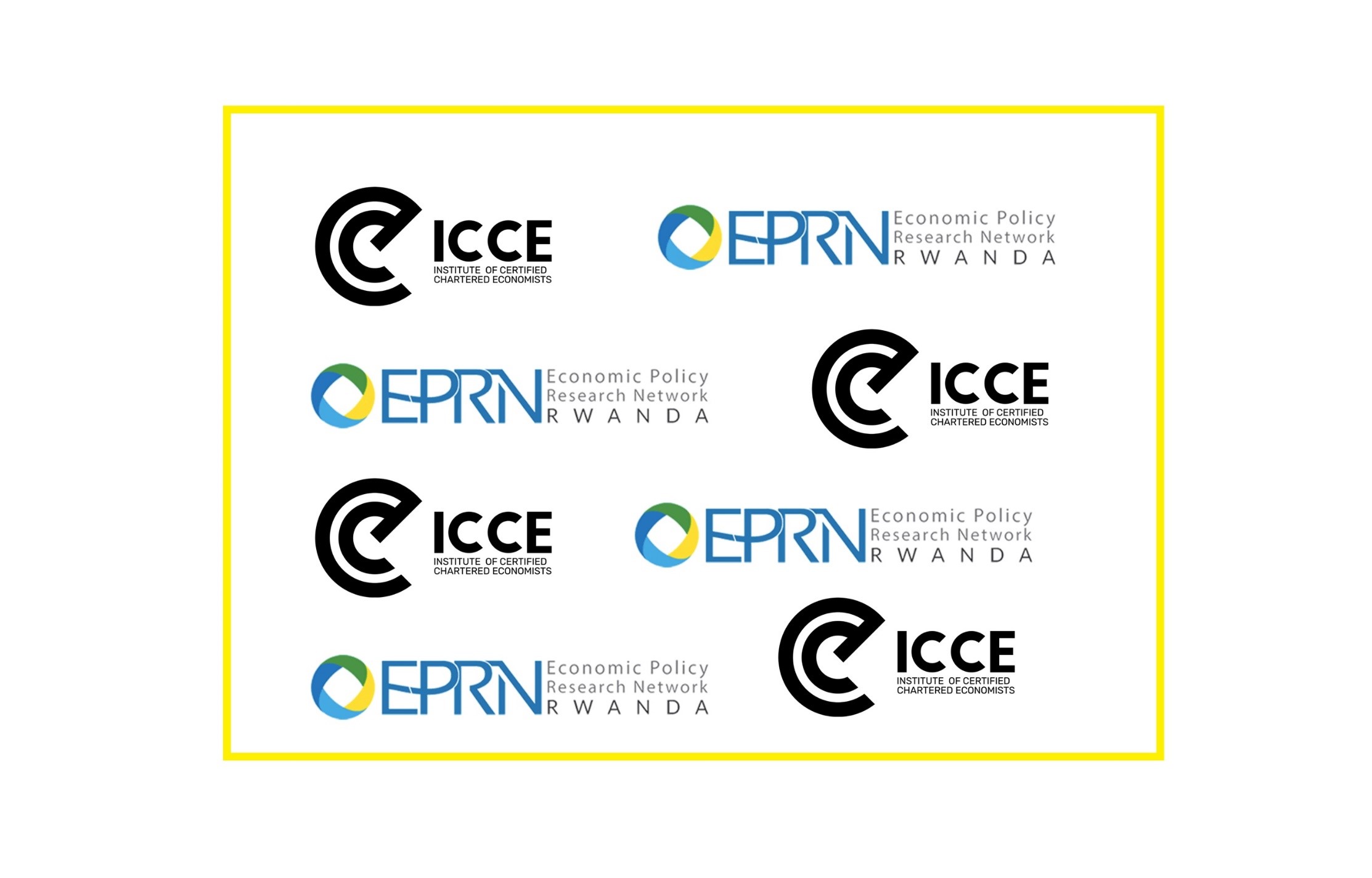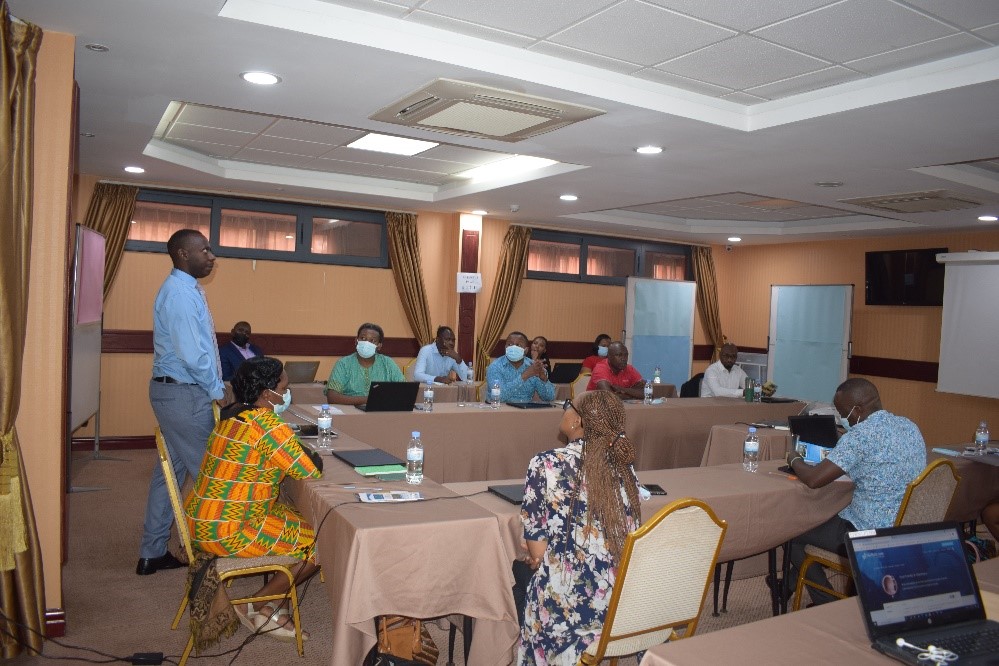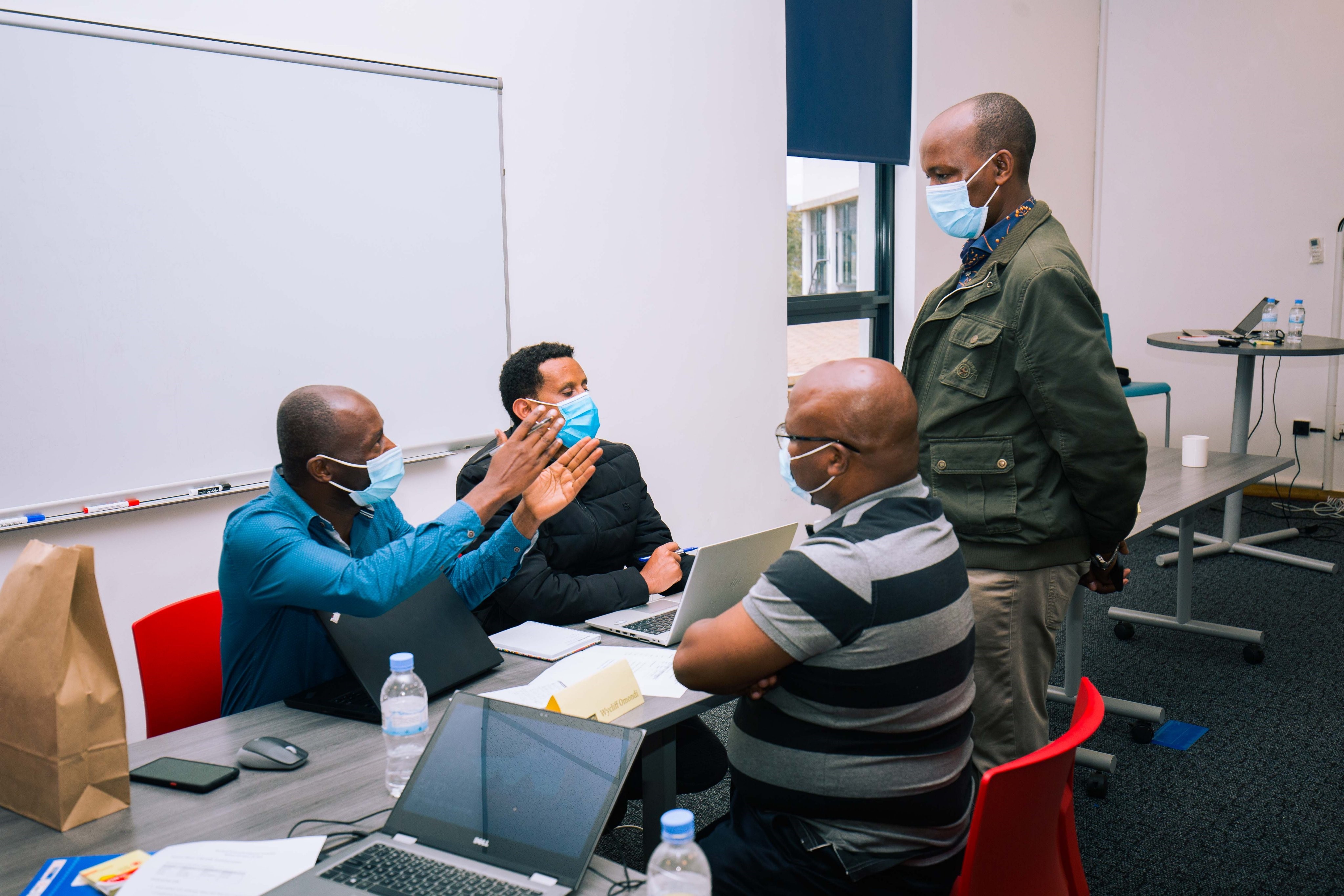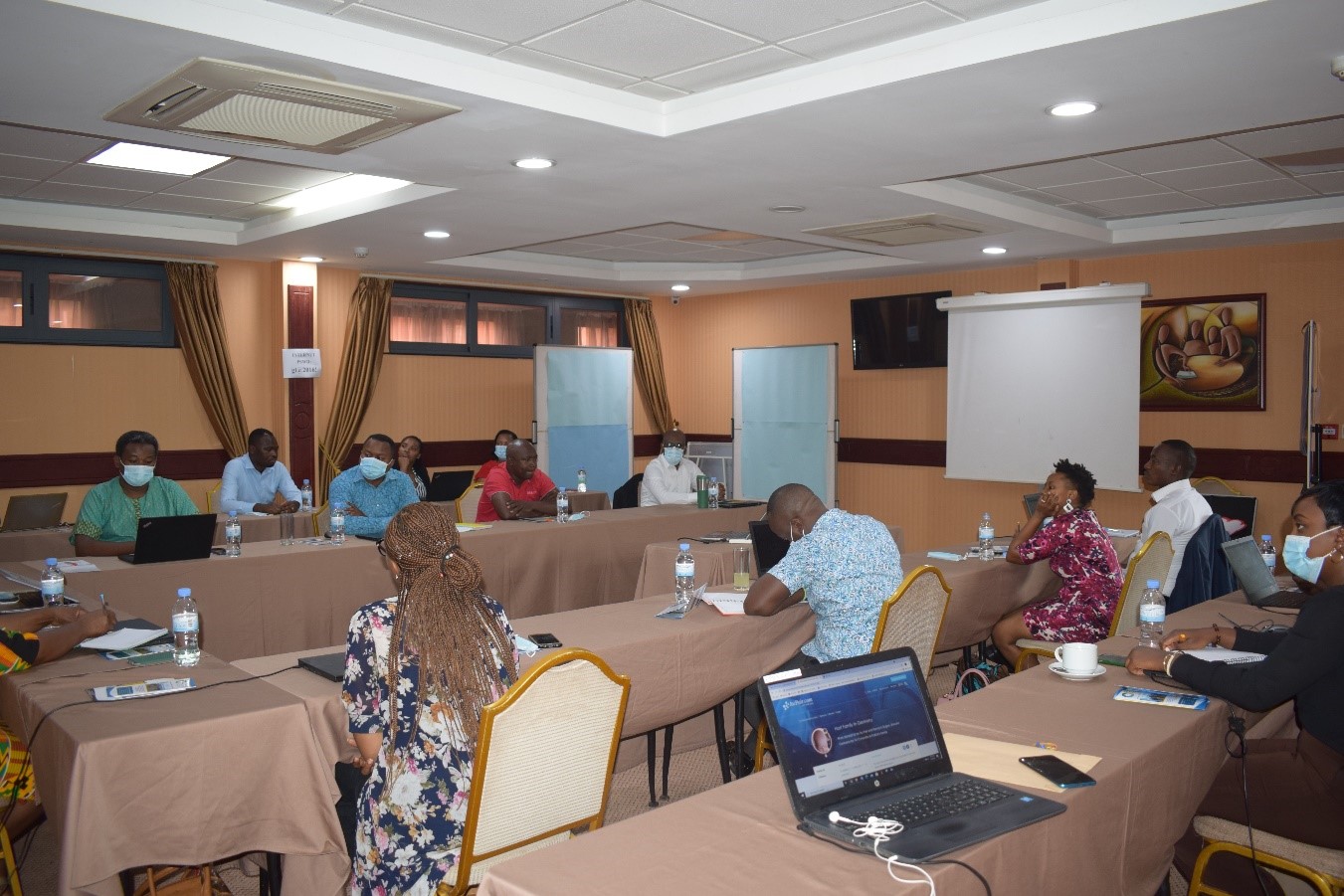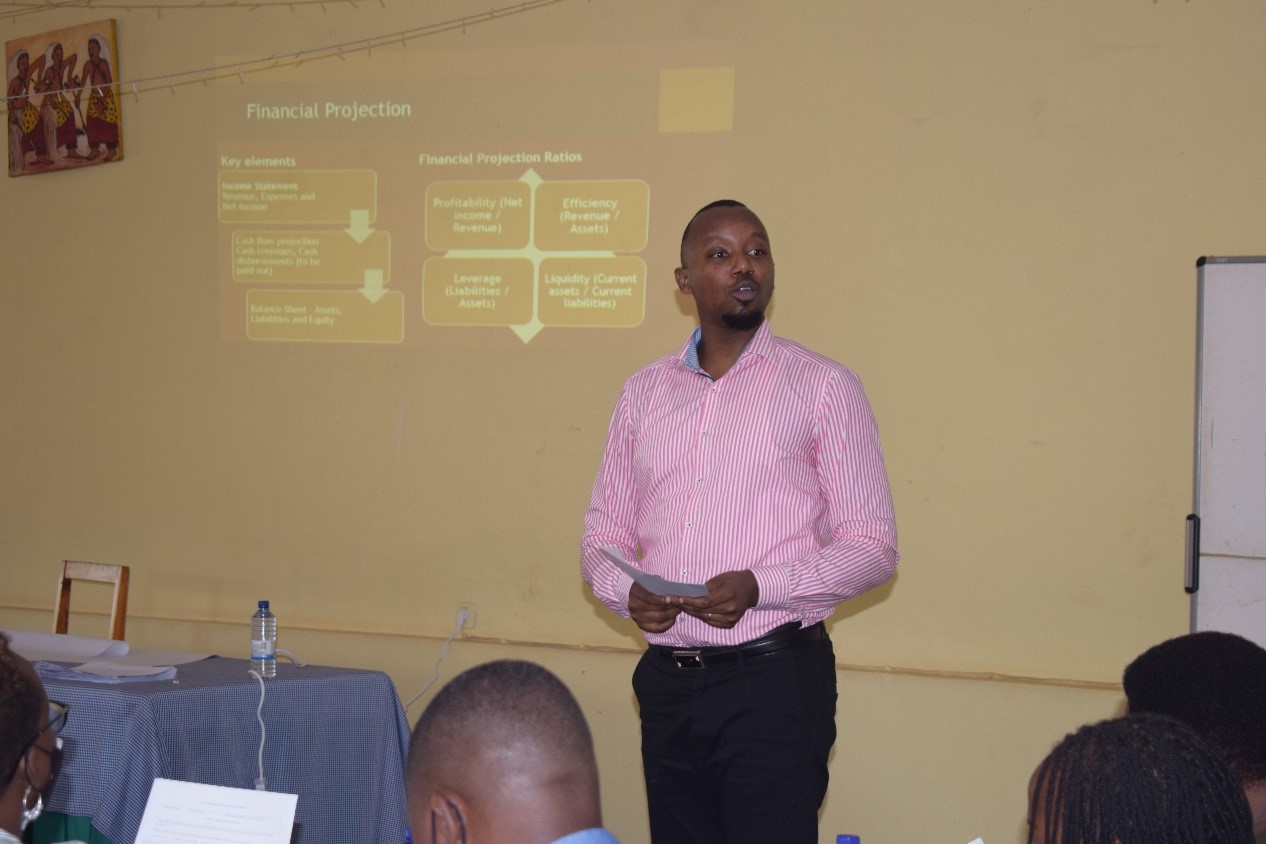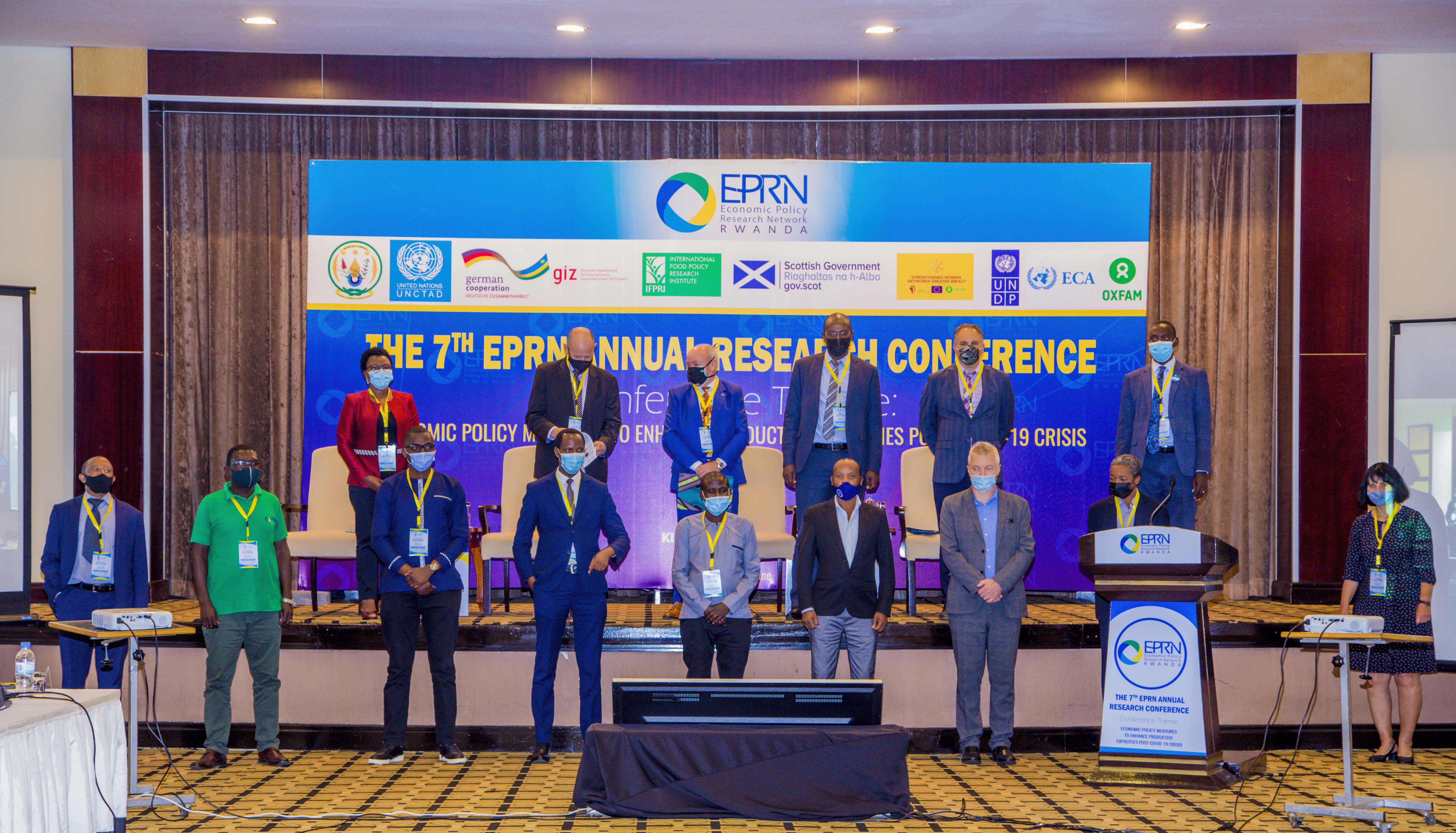Policy Dialogue on NST 1- Creating 1,500,000 Decent and Productive Jobs : challenges and policy actions
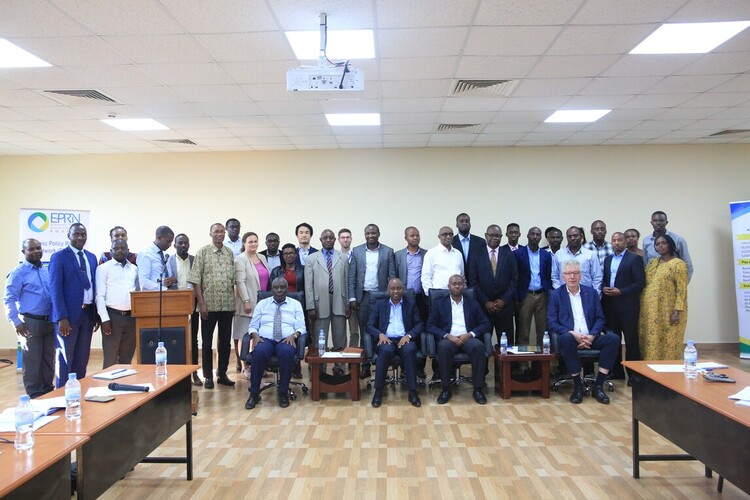
18th September 2019 @NISR
Organized jointly by EPRN and MIFOTRA
1. Background
Through the 2030 Agenda for Sustainable Development, governments have pledged to eradicate poverty (SDG 1) and to promote sustained, inclusive and sustainable economic growth, full and productive employment and decent work for all reduce inequalities within and among countries (SDG 8). Despite an increasing body of knowledge on these topics, development partners, researchers and policymakers struggle to identify and prioritize strategies and policies that are truly effective for achieving these goals.
The National Strategy for Transformation (NST1) mirrors the three dimensions of sustainable development : Economic, Social and Environment and its transformation and ambitious spirit echoes the ambitious nature of SDGs. Furthermore, a dedicated SDGs taskforce bringing together Government Ministries, Development Partners, Civil Society Organizations and the Private Sector was established to serve as the nucleus and focal point for ensuring inter-agency collaboration and coordination.
Furthermore, the hosting of the SDG Centre for Africa with the mandate to support the entire continent is a testament of Rwanda’s commitment to deliver on the Agenda 2030. Rwanda’s economy is expected to grow at an average GDP of 9% under NST1 for the country to remain on its path of economic transformation and the Vision 2050 aims at ensuring better quality of life for citizens. This will require carrying out various far-reaching reforms and strengthening cooperation with all stakeholders across different sectors. In this regard, Rwanda will build on its previous success in developing innovative policies and leverage on Home-Grown Solutions that have multiple development effects, which will ensure that “no one is left behind”.
Ensuring that the sustained levels of growth are inclusive and sustainable and that the jobs created are quality jobs is the key challenge facing Rwanda on its journey towards upper middle and high-income status by 2035 and 2050 respectively. To be able to reach these goals, Rwanda will have to grow at an average rate of 9% between 2017 and 2024 and then accelerate to at least 12% a year until 2035. The economy will have to generate 214,000 new jobs every year and private investment will need to grow from the current 14.4% of GDP to 21.2% by 2024. This entails a growing participation of the private sector in the economy, especially in those sectors with high job-creation potential to reduce the dependency of growth on public sector investments.
A specific attention is to be out on women and youth. In an effort to increase women’s employability skills, Rwanda has continuously strengthened demand driven Technical and Vocational Education Training (TVET) programs, increasing female enrolment from 41.8% in 2015 to 43.8% in 2018. Furthermore, measures have also been put in place to promote jobs creation for women and youth, including (i) the establishment of Business Development Fund with priority to women and youth (ii) the adoption of a strategy for women and youth access to finance (2016-2020) and (iii) empowering women in informal cross-border trade by building their capacities and helping them access finance and markets.
In order to ensure that the country’s aspirations for inclusive and sustainable growth as well as creation of descent and productive jobs are met, Rwanda will need to address the following challenges :
- In order to meet its growth objectives, Rwanda will need to raise its domestic savings rate to at least 23% from current 10%.
- Labour productivity (output per worker) is still low in Rwanda. While resources have increasingly moved from agriculture to other sectors, between 2001 and 2016, labour productivity either fell or rose only slightly across most sectors.
- The private sector remains a relatively weak ; it lacks the economies of scale that are crucial for productivity. The private sector also faces challenges related to high costs of finance and transport costs.
- The country still faces deficiencies in its human capital, and more investment is needed in this crucial area.
2. Objective of the policy dialogue
The Dialogue was jointly organised by EPRN and MIFOTRA and focused on policy challenges and progress to achieve the target of creating 1,500,000 decent and productive jobs and required coordination to achieve that target. The outcomes of the discussion were expected to be instrumental in informing and defining the scope of new research initiatives on the topics of poverty, job creation and human capital development in Rwanda to implement the global UN principle for sustainable development of ‘leaving no one behind’.
3. Participants
The policy dialogue was attended by officials from public institutions, private sector, academicians, NGOs/CSOs, Development Partners, Embassies, EPRN Members/Researchers and Media Houses.
4. Identified challenges and recommendations
During policy debate, participants identified the following challenges :
- Skills mismatch between education and labour market needs ;
- Limited entrepreneurship, and innovation support system ;
- The design of financial products not adapted to youth demand ;
- High cost of doing business for SMEs ;
- High underemployment rate and predominance of informal sector among youth.
Suggested recommendations are :
- Put more focus on job creation in investment promotion and attraction in all sectors of the economy ;
- Strengthen the value chain systems to promote local SMES and link them with large industries and export ;
- Put more focus and incentives on attracting labour intensive and export oriented industries to foster job creation ;
- Improve skills development systems through aligning education curricula with the current and future needs of the labour market ;
- Strengthen systems to identify, attract and upskill youth with rare skills to respond to employers and investment needs ;
PRESENTATION DURING THE EPRN POLICY DIALOGUE ON NST1 AND JOBS CREATION :
Presented by : MWAMBARI Faustin, Acting Director General of Labour and Employment/ MIFOTRA





